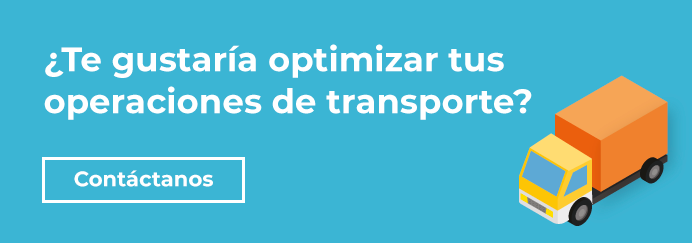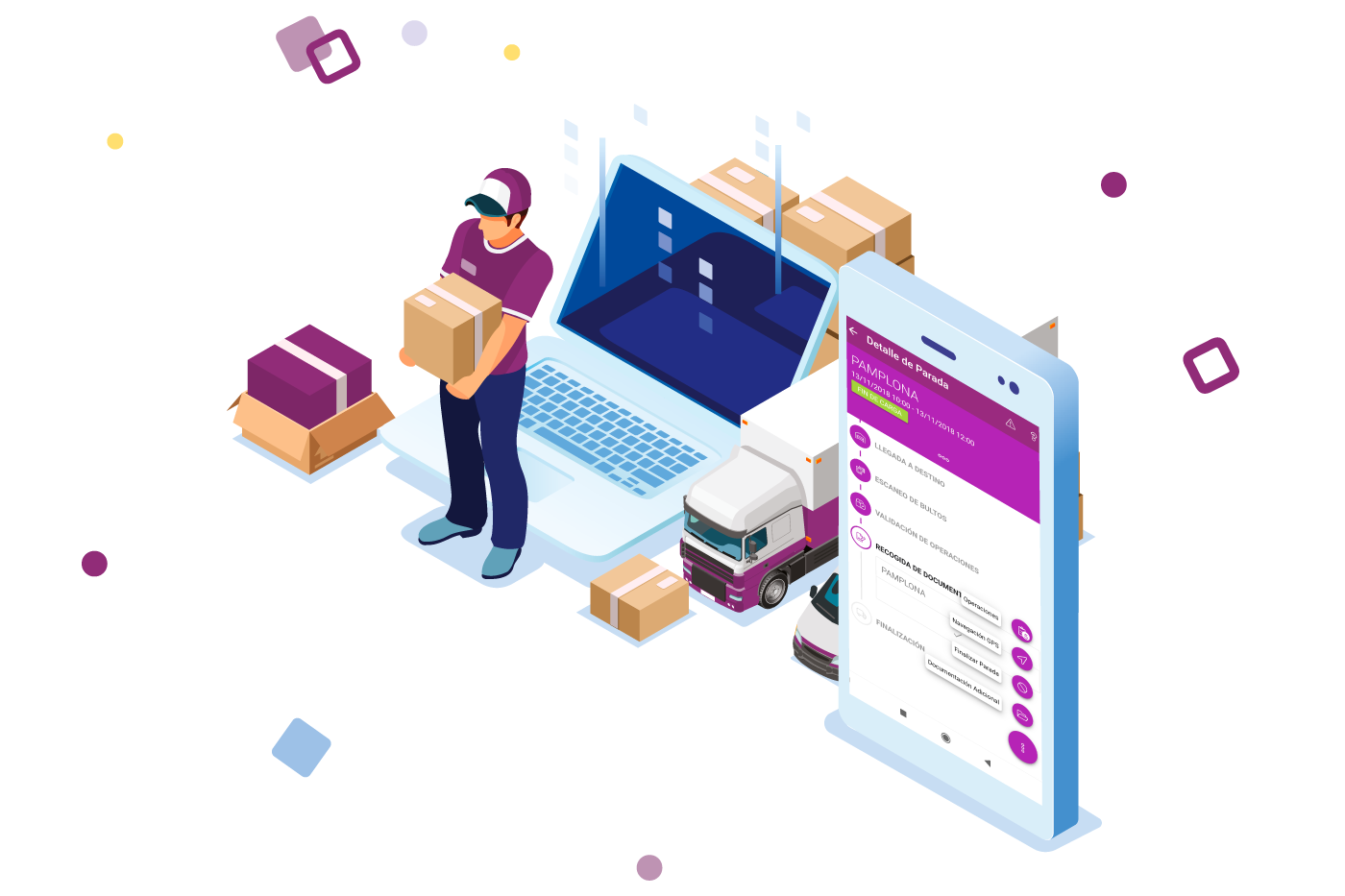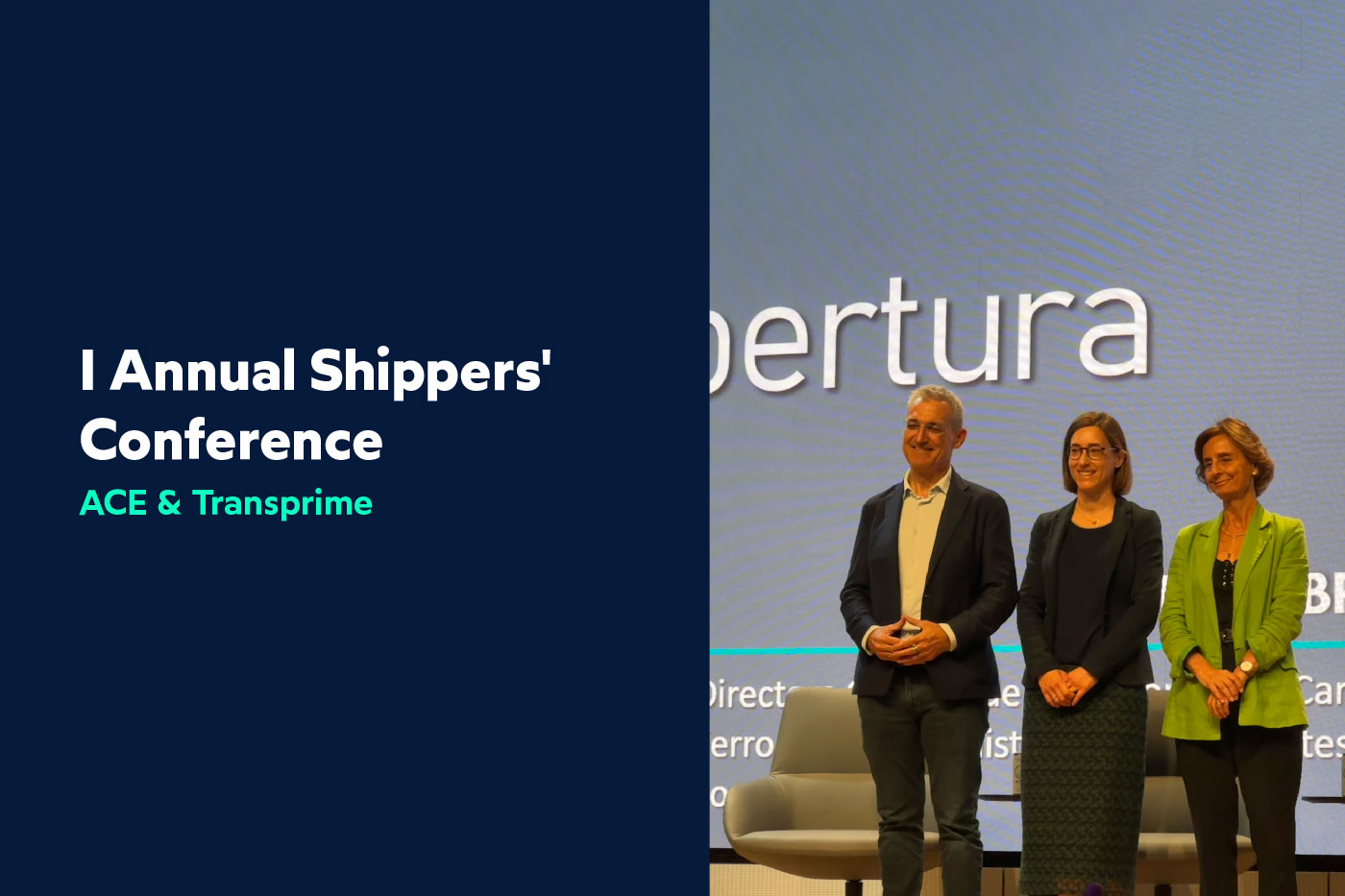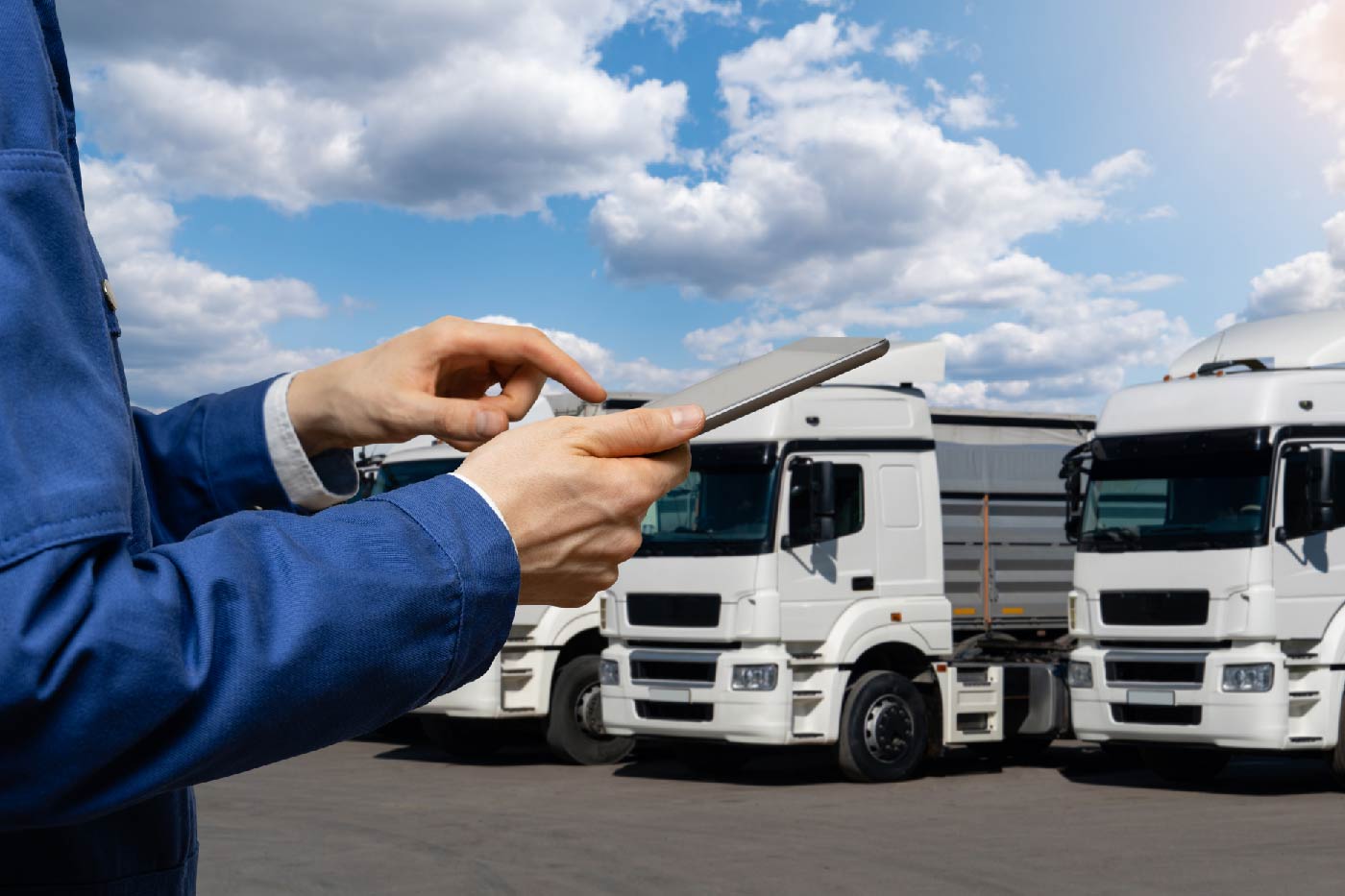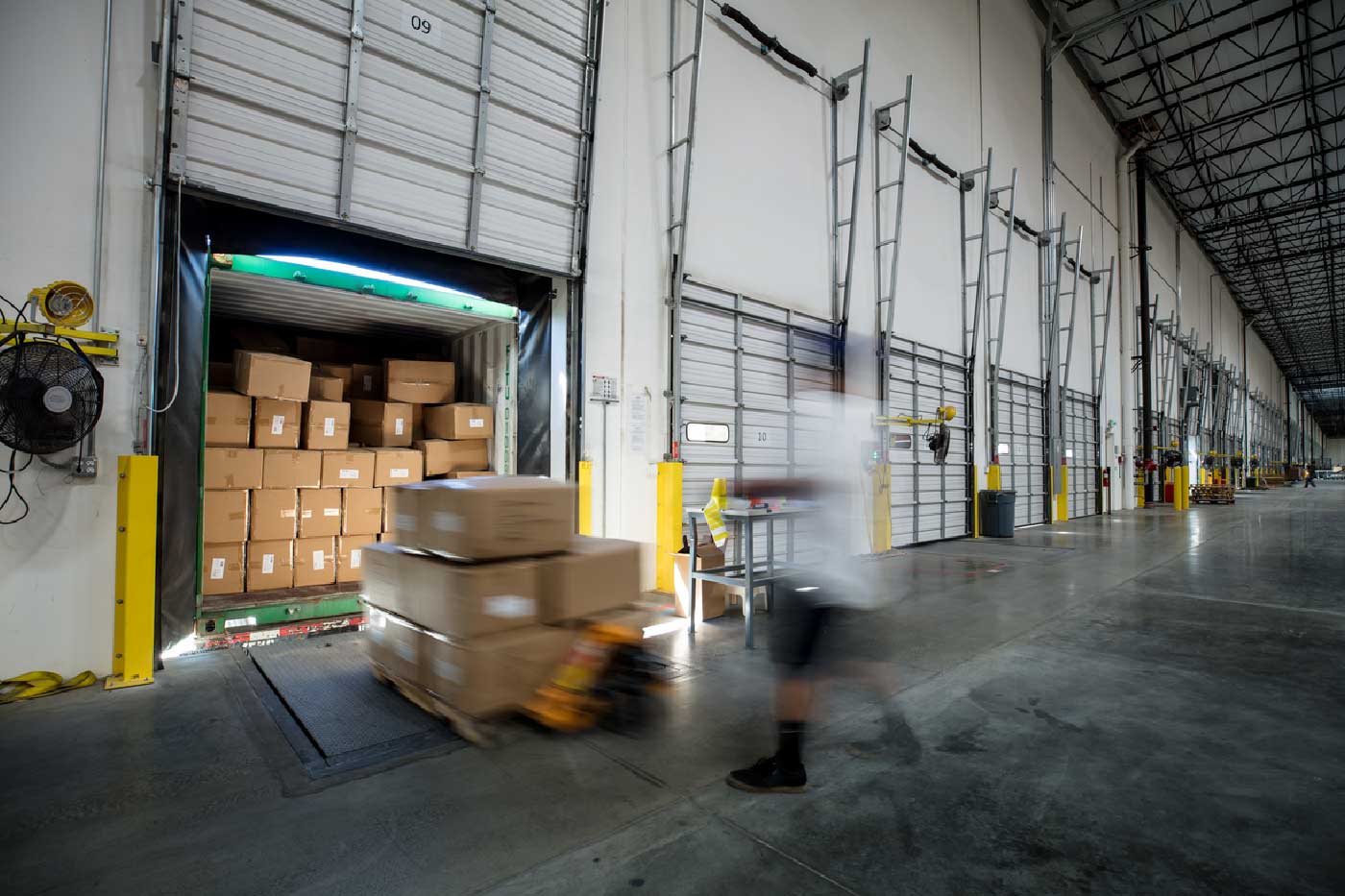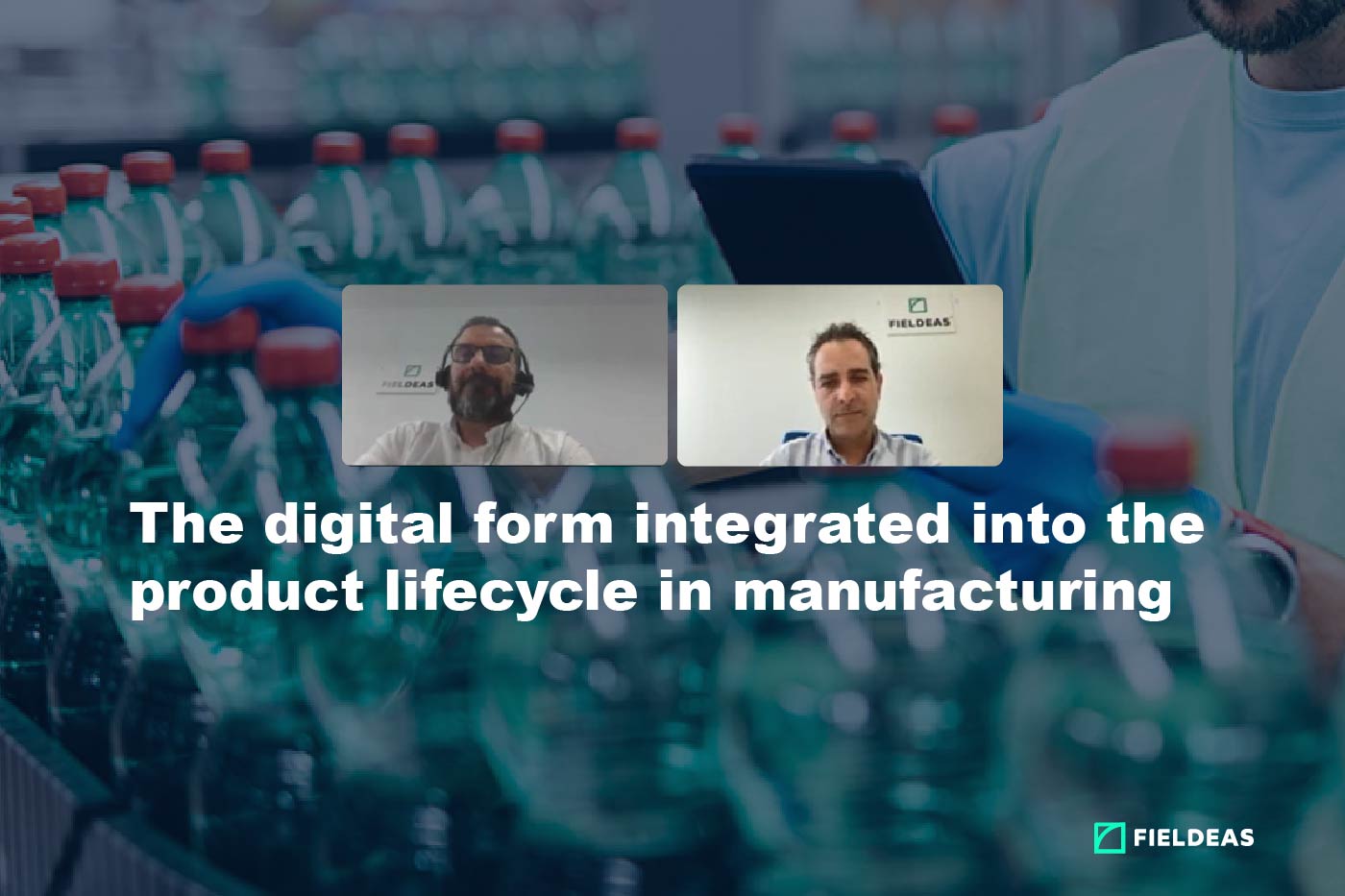In paperless transport the first thing that is noticed, as in any digitization process, is the use of computers or other devices and the elimination of paper.
The elimination of paper in transportation has, in general terms, a series of benefits ranging from the cost savings it generates to the improvement in information processing.
In summary, this process offers a series of advantages, such as, for example:
- Cost savings in management and storage
- Reduces the administrative burden on companies due to the use of paper documents
- Ease of data processing
- Improves customer relationships and offers value-added services to customers
- More reliable records
- Prevents information from being lost or misplaced
- Offers more integration possibilities with billing systems
- It is able to offer maximum legal and juridical guarantee through electronic signature
In short, digitization allows information that used to be in physical documents to be more manageable through computer files, which can also be easily shared.
This last characteristic is a crucially important element for logistics and transportation, as it is an activity that involves the rapid and constant movement of a wide variety of goods.
In addition, these activities involve a large amount of information that is passed from one link in the chain to another and travels from one facility to several vehicles, and vice versa.
Until recently, all documentation had to travel on paper in the cabs of trucks, with the consequent risk of loss or accidental exchange with other documents in shipments.

More paperless transport guarantees
First the use of PDAs and now the generalization of smartphones and tablets, as well as improved connectivity, facilitate the incorporation of digital formats of documentation and its traceability.
However, the digitization of these documents is only a first step towards paperless transport, in which information is transmitted securely, with all the guarantees of privacy and exclusivity, as well as all legal requirements.
Precisely the legality of electronic documentation is one of the elements that can arouse most interest among transport companies, since thanks to this functionality data can be collected from multiple sources that allow a closer control of vehicles and personnelThe Company is responsible for the fulfillment of its contractual obligations, on the one hand, and for the fulfillment of its contractual obligations, on the other.
Paper documentation can always get lost or misplaced, while computerized processing allows for more effective control, without having to resort to a physical warehouse.
Grouping and cross-referencing data
Similarly, digitization also offers the possibility of grouping data, as well as cross-referencing them with various programs to extract and complete information.
In the first area, it is increasingly important to ensure that vehicles are running most of the time with the maximum possible load volume; technology is capable of alerting when this is not the case, thus opening a window to take corrective measures.
In the second area, electronic records are a reliable means of documenting loading and unloading operations, as well as downtime, which can then be provided to customers to adjust billing for services due.
On the other hand, digitization can also provide reliable proof of cargo delivery that is immediately transmitted to all actors in the chain.
In more detail, solutions such as FIELDEAS Track and Trace have focused on offering advanced solutions for electronic delivery notesespecially useful for the reliable management of deliveries, as well as in the use of digital signatures The use of advanced technologies is a crucial element to ensure full legal certainty in the exchange of information along the supply chain.
Moreover, in situations such as today’s, where social distancing measures prevail, ‘zero contact’ deliveries are becoming the norm. In this field, technology provides solutions for remote documentation of delivery.
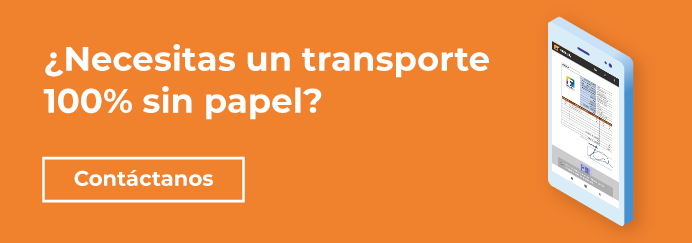
The customer at the center
Similarly, providing valuable information to customers on the movement of goods can be a differentiating element when submitting tenders, especially for larger customers with high technological demands on their logistics and transportation service providers.
This is true to the extent that, in some contracts with large customers, digitization is an essential element without which large contracts cannot be accessed.
In the same vein, more and more shippers are including social responsibility clauses in their contracts to reduce the environmental impact of their logistics and transport activities.
This line of work involves, among other aspects, the use of vehicles with lower polluting emissions and reductions in the use of paper, given its environmental impact.
Once again, electronic documentation provides solutions for transport companies.
However, not all solutions offer a satisfactory degree of digitization adapted to the needs of each company.
Paperless transportation: beyond eCMR
Since 2011, the digital consignment note or eCMR can be used in international transport operations.
The incorporation of eCMR has been a fundamental first step in the digitization of transportation, which requires further progress along a path that offers great advantages.
The FIELDEAS Track and Trace solution has gone a step further along this path, to include functionalities that complement the eCMR and allow transport companies to bring a higher point of digitization.
The software proposes a comprehensive view of the transport chain from a business perspective.
To this end, it not only offers real-time information, but also provides predictive capabilities that allow it to learn and warn of service incidents before they occur.
In this way, corrective measures can be taken, such as notifying customers, modifying routes, changing delivery schedules or redistributing resources or personnel, among others.
In addition, the software brings together all the information in a single portal that facilitates the exchange of records with customers and allows legal coverage of the data contained in the bills of lading through a fully secured system.
The solution has the capability to offer 100% paperless transportation, including digital delivery note management and eCMR with advanced digital signature.
FIELDEAS Track and Trace is the most advanced and flexible solution on the market. With a high capacity for customization, it adapts to the needs of any company, whether it is a shipper, distributor, logistics operator or transport company, regardless of the segment in which it operates, from a single platform and with a total legal guarantee.
